- Economist Julianne Malveaux calculated descendants of slaves deserve $74B
- The DSLUE were joined by economists and attorneys to unveil their demands
Descendants of slaves who built St Louis University have demanded $74 billion in reparations for their ancestors’ years of unpaid labor.
The Missouri university itself only has an endowment of $1.5billion, meaning that the dozens of descendants are demanding over 70 times more than the school has in its assets.
According to economist Julianne Malveaux, the descendants of slaves deserve $365 million based on her calculations that the 70 enslaved people labored for 24 hours a day, 365 days a year, between 1823 and 1865.
This $365million, with interest over time, amounts to $74billion, she claims.
The push for the monetary reparations was made by the Descendants of St. Louis University Enslaved – a group mobilized by great-grandchildren of slaves.
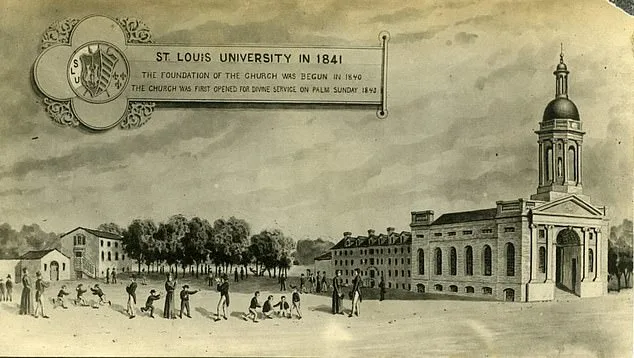
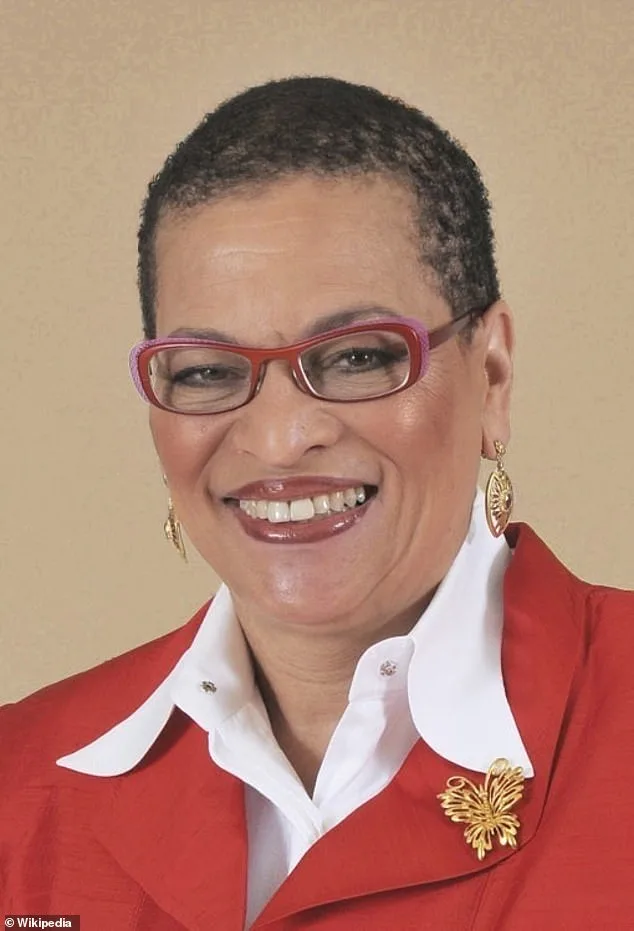
The group were joined by economists and civil rights attorneys to unveil their demands on Tuesday outside the Jesuit university, which was founded in 1818.
Areva Martin, a civil rights attorney, wrote to St. Louis University President Fred Pestello, saying that the institution needs to do better.
She said that the university owned, sold and trafficked slaves – and that those people were ‘robbed of wages, and treated with cruelty and disregarded for their humanity.’
The slaves were moved from Maryland to St Louis explicitly to build the college, she said.

Martin, who represents over 200 descendants of Henrietta Mills and Charles Chauvin, said: ‘I look forward to working with university leadership to come up with a plan to compensate the descendants for what they are rightfully owed.’
One great-granddaughter of Mills, Robin Proudie, said on Tuesday: ‘We’re not asking for a handout. We’re asking for their debt to be paid.
‘We decided as a family that we would stand up not only for us, but for all of the enslaved descendants of those who built this country.’
Economist Malveaux said: ‘The calculations that we came up with and the method that we used are time-honored methods. The university, quite frankly, is overdue, negligent and wrong.’
Proudie founded DSLUE after finding out that her ancestors were slaves in St Louis.
A statement from SLU said: ‘SLU’s participation in the institution of slavery was a grave sin.
‘We acknowledge that progress on our efforts to reconcile with this shameful history has been slow, and we regret the hurt and frustration this has caused.
‘Continuing this work is a priority for SLU and the Society of Jesus. As we move forward, we hope to re-establish and build deeper relationships with all descendant families, to explore together how best to honor the memory of those who were enslaved by the Jesuits.’
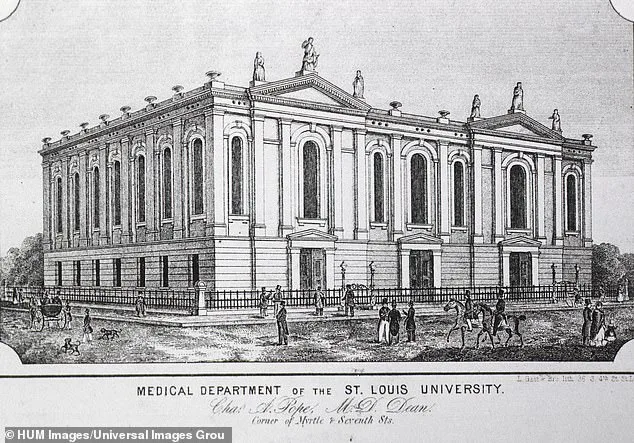
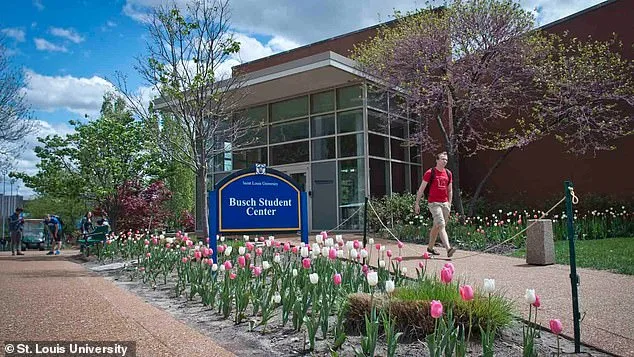
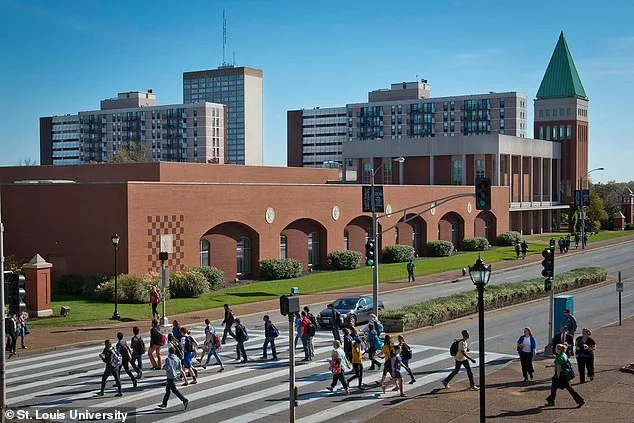
In December 2022, St. Louis announced it was creating a commission to consider paying reparations to descendants of the victims of racist policies – raising interesting challenges in a struggling city of 300,000 where 45 percent of residents are black.
Democrat mayor of St. Louis Tishaura Jones signed an executive order to create a nine-member volunteer commission to explore and recommend reparations – following a lead set by cities in Illinois, California and Rhode Island.
‘The people closest to the problems are closest to the solution,’ said Jones.
‘I look forward to reviewing this commission’s work to chart a course that restores the vitality of black communities in our city after decades of disinvestment. We cannot succeed as a city if one half is allowed to fail.’
Those joining the committee must live in St. Louis, and each member must represent a different background, with at least one clergy member, attorney, public health professional, civil rights advocate, one youth and one person in academics.
The executive order describes the committee’s work as: ‘Establishing a community-driven commission to assess the history of slavery, segregation and other race-based harms in the City of St. Louis; explore the present-day manifestations of that history; and, ultimately, recommend a proposal to begin repairing the harms that have been inflicted.’
St. Louis has long been among the nation’s most segregated cities. Nearly half of its 300,000 residents are black and many of them live in north St. Louis, where rates of crime and poverty are high.
The median household income for white St. Louisans is $55,000, nearly twice the median income for black households, $28,000.
Racial justice advocates blame decades of racism for the inequality.
Nimrod Chapel Jr., president of the Missouri NAACP, said segregation and racism have ‘without a doubt’ harmed blacks in St. Louis and elsewhere in the state.
‘Reparations would be one way to begin, and it’s important to consider all the options,’ Chapel said.


